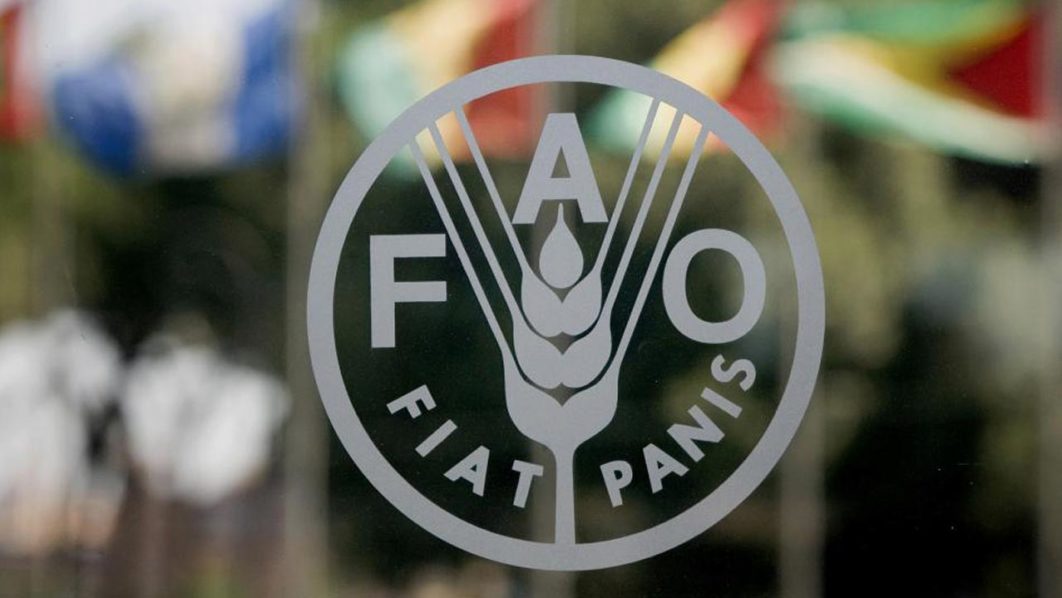
The Food and Agriculture Organisation (FAO) of the United Nations (UN) in collaboration with Borno State Government, has launched the 2024/2025 dry season farming in the Northeast.
According to FAO, the launch represents a crucial step in strengthening agricultural resilience in Borno, Adamawa and Yobe states. Launching the dry season framing at Khaddamari, the council headquarters of Jere, FAO representative in Nigeria and the Economic Community of West African States (ECOWAS), Dominique Kouacou disclosed: “Today’s event is designed to support communities that were recently affected by flooding, as well as those with newly relocated populations.”
He stated that by providing critical inputs, comprising improved seeds, fertilisers, and solar-powered water pumps to 50, 000 households, were to enable them commence dry season farming to restore their livelihoods in communities.
According to him, the distribution of farm inputs, are supported by donors, including the Governments of Norway, France, the European Union Civil Protection and the Humanitarian Aid Operations (ECHO), and other donors across the globe.
Additionally, Kouacou said the aim of the launch was also to address the immediate food insecurity, by paving the way for a sustainable income generation.
“An effective use of the farm inputs could lead to resilience-building among the returnees and host communities,” he said. While thanking Governor Babagana Zulum and his deputy, he urged them to continue with the strong collaboration on food security and restoration of people’s livelihoods.
Speaking of the recent floods, he said it affected over 9.2 million people with the submerging of 4.5 million hectares of land last October, including 1.6 million hectares of farmland in the country.
He, therefore, warned that: “The flood disasters are projected to cause a combined yearly production loss of about 1.1 million tonnes of maize, sorghum and rice, noting that this is enough to feed 13 million people for a year.
The FAO boss added that the potential cereal crop losses amounted to about $1b (N1.6 trillion), noting that while in the Northeast states, the people affected by hunger could hit 3.8 million, with a projected five million people between June and August of next year.
“These revelations have reignited our commitments to supporting the country in enhancing the resilience of vulnerable households,” he noted, stating that the people that could face hunger and malnutrition had experienced conflict and insecurity challenges, including climate change and economic press
While thanking FAO for the distributed farm inputs, the Deputy Governor, Usman Kadafur, who represented Zulum at the launch said: “Our farmers access to vegetable seeds, fertilisers, solar-powered water pumps, and fuel-efficient stoves will ensure food security and a sustainable economic growth and development of the state.
On the part of the state government, he stated that it has provided an enabling environment for irrigation schemes in each of the three senatorial districts. He, therefore, urged the farmers to effectively utilise the agricultural inputs to maximize their productivity and resilience to boost their livelihoods.






